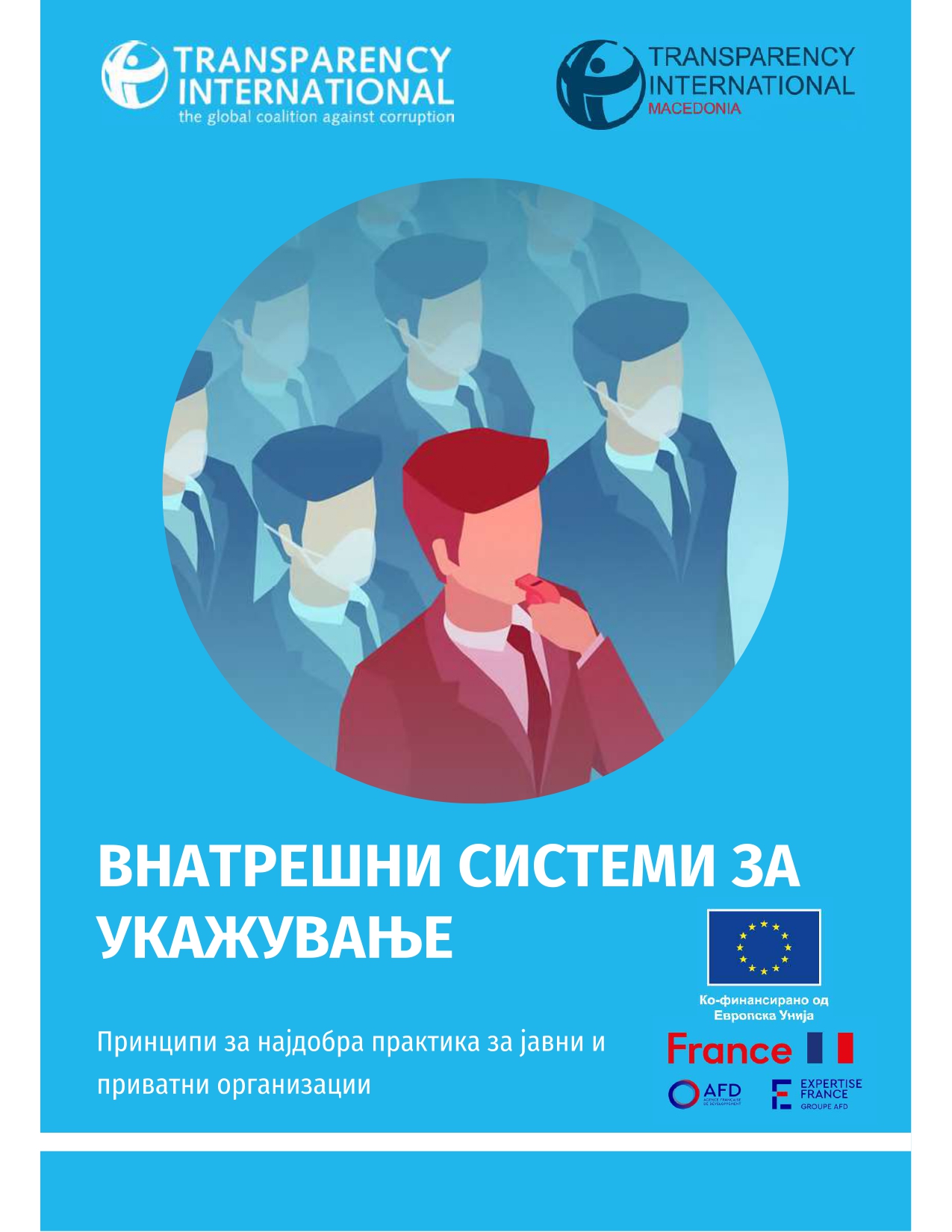Whistleblowing is one of the most effective ways to uncover corruption, fraud, mismanagement, or other wrongdoing that endangers public health and safety, financial integrity, human rights, and the environment
Whistleblowing is the disclosure of information about suspected wrongdoing to individuals or entities believed to be able to effect action. Organizations themselves are often best placed to deal with wrongdoing occurring within their remit, and in practice, most whistleblowers first report such suspected wrongdoing within their organization. It is therefore essential that organizations, whether private companies or public institutions, provide safe and effective mechanisms to receive and address these reports, as well as robust protection to whistleblowers.
Consequently, an increasing number of national laws require organizations to implement internal whistleblowing systems (IWS), also known as “speak up” or internal reporting systems. This has been the case since December 2021 in EU countries, for example, under the EU Whistleblower Protection Directive.
But organizations should not consider IWS as just a legal obligation. Effective IWS help protect organizations from the effects of misconduct – including legal liability, lasting reputational harm and serious financial losses. By enabling personnel and other relevant stakeholders to speak up about unethical or illegal conduct, IWS foster an organizational culture of trust, transparency and accountability. They therefore provide real benefits to an organization’s culture, brand, value creation and growth.
This publication aims to support organizations’ implementation of effective internal whistleblowing systems. It also seeks to help organizations to meet their obligations under the EU Directive on Whistleblower Protection.
The publication on Macedonian lanquaqe can be downloaded at the following link: ВНАТРЕШНИ СИСТЕМИ ЗА УКАЖУВАЊЕ Принципи за најдобра практика за јавни и приватни организации




